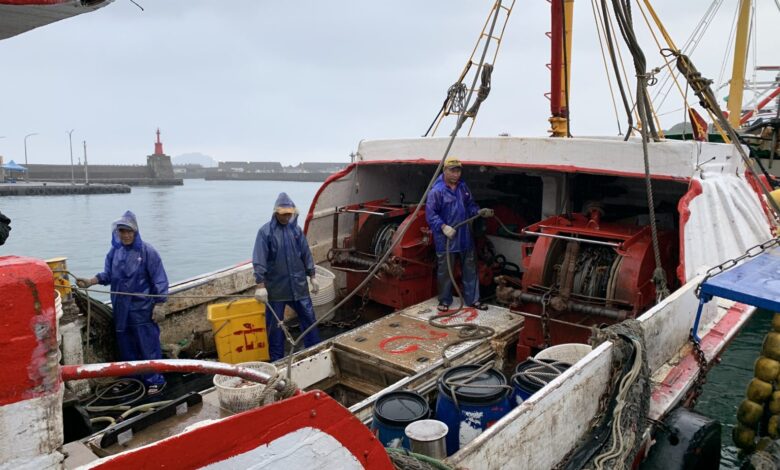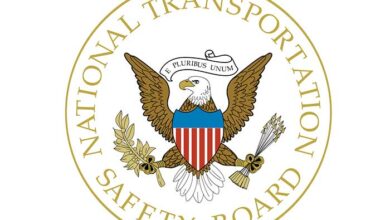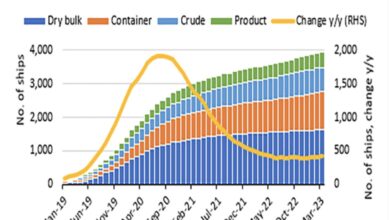
London. UK. A new and comprehensive podcast hosted by China Post (Now News) covering migrant fishers and their rights is now available featuring Kimberly Rogovin, Senior Seafood Campaign Coordinator for the Global Labour Justice & International Labour Rights Forum.
The podcast covers details about migrant rights abuses in both Thailand and Taiwan.

Issues covered include lack of employment opportunities due to COVID-19, use of informal brokers, legal and illegal recruitment fees exposing workers to unmanageable debt in turn leading to debt bondage, lack of access to formal banking systems, exploitation of paid-for documentary requirements for medical checks, and fishing certificates.
To put it in context, in Thailand, migrant fishers can earn an average of USD$320 per month but may have recruitment and other required fees in excess of USD$1000 placing them in semi or permanent debt from the outset of their working lives.
Kimberly commented:
“We support the recommendations made by local advocates in Thailand and Taiwan that migrant fishers and seafood workers are afforded equal rights under labor laws and are not discriminated against in any manner as this makes them vulnerable to exploitation and is the root cause of crimes like trafficking and forced labor.
In Taiwan, the government should abolish the overseas employment scheme for migrant fishers, apply the Labor Standards Act to all fishers, including those in the distant water fleet, and ensure all migrant fishers are governed by the Ministry of Labor and thus afforded the same rights and protections as Taiwanese nationals.
https://player.soundon.fm/p/6f85d3c9-9794-44a8-b0f5-c520c8f0601d/episodes/f94e1064-742b-4fd5-8cbd-841a22fb0759
In Thailand, the government should ratify ILO conventions 87 and 98 on freedom of association and the right to bargain collectively and advance laws so that all workers, including migrant workers, have the right to form and lead labor unions.
In both counties, it is critical that the governments prohibit all recruitment fees from being charged to or otherwise borne by migrant workers, to prevent situations of debt bondage and ensure safe and dignified migration.”














